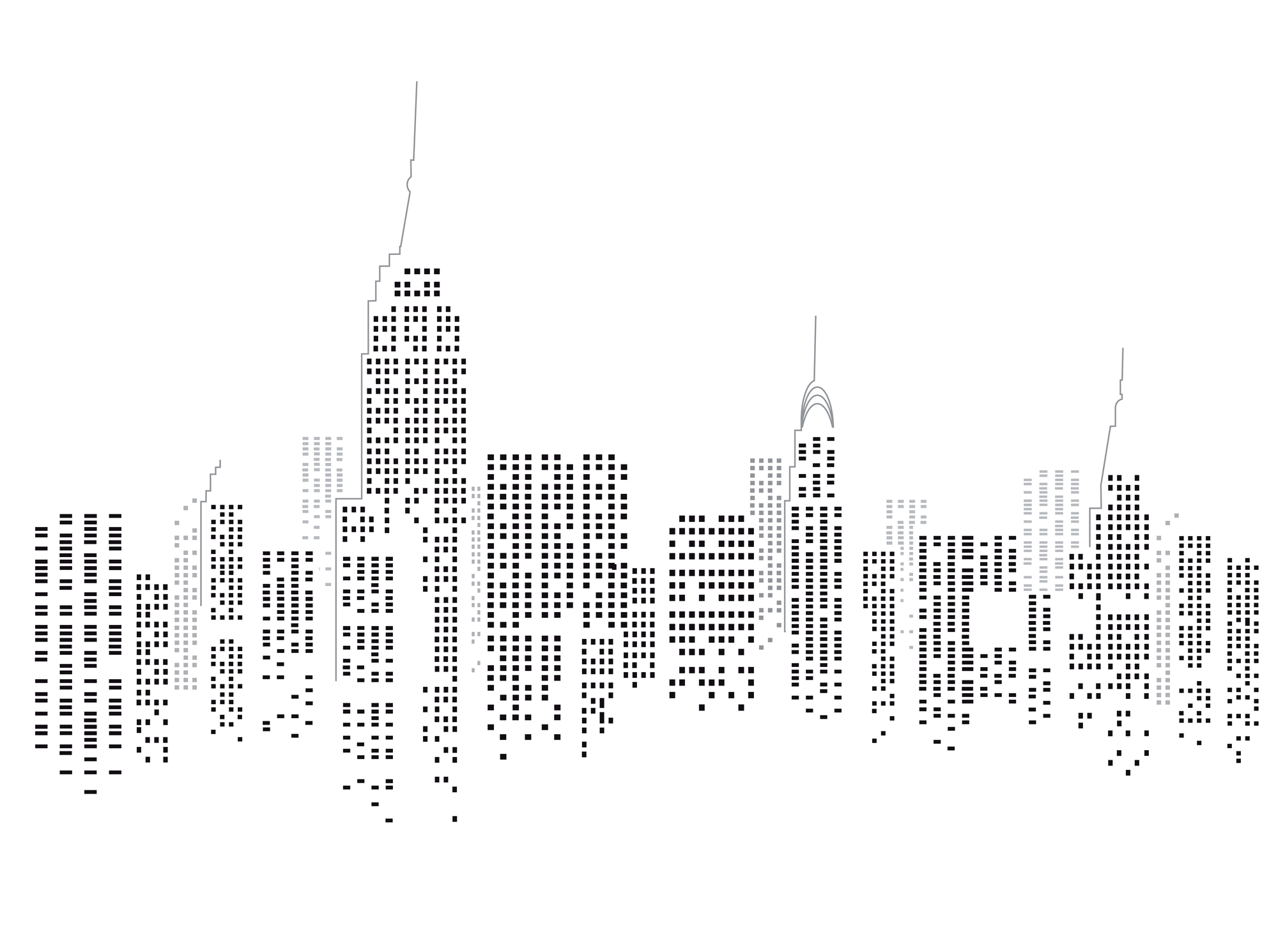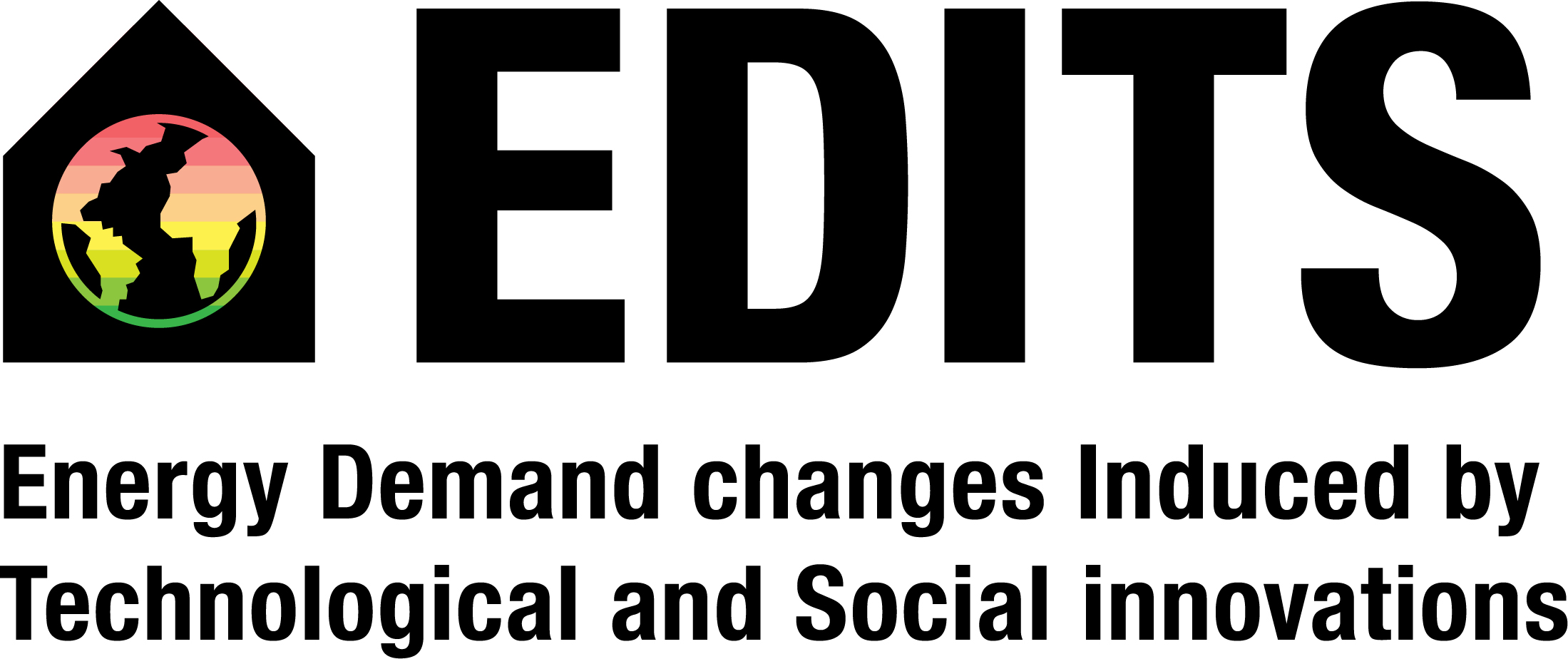
We are happy to announce the winner of the EDITS-ARTS Competition. The first prize goes to Futuregram2050, who created a powerful 2-minute video to portray a positive transformative future and has clearly adhered to the three evaluation criteria. The production has a compelling narrative that presents a balance between having access to modern technologies and services, using modern digital solutions, while at the same time also willing to limit their demand.
The finalist 16 artists met the EDITS Community online on a Friday afternoon, 20 May 2022. They presented a broad variety of arts ranging from thoughtful poems, exciting short stories, through lively videos and detailed cartoons, to beautiful paintings and even an innovative technological visual solution. Yet the vision of a positive future is similar, with some common threads including generational interactions, free time, wellbeing and equality, green living, etc. This was an inspirational meeting that will surely bud into ideas on both sides.
The Evaluation Committee found all submissions unique and highly valuable and it was an extreme challenge to select the winner.
- The winner of the first prize (5000 EUR): Futuregram2050 with their short vide using a twitter-like future magical ball to tell us the story of people living in 2050 with much less energy, with competitions to lower individuals' impact on the environment, using digital and circular solutions. Watch the video here.
- Special mention goes to
- Eiven Mitchell: Here in 2050 - a vivid and engaging poem about 2050.
- Mai Nusir: A diary short story about a family in 2050.
- The Art and Energy Collective: an upcycled solar cell art.
Special thanks go to the Evaluation Committee: Keigo Akimoto, RITE; Joyee S. Chatterjee, AIT-EDITS; Poornima Kumar, CSTEP/University of Oxford; Masa Sugiyama, Uni Tokyo; Elena Verdolini, University of Brescia and RFF-CMCC; Charlie Wilson, University of Oxford; Caroline Zimm, IIASA.
Background:
In 2018, a handful of scientists did the math on a new future scenario, which showed that it is possible to decrease global energy use by 40% compared to today while improving fairness and access to the services that energy provides. This Low Energy Demand (LED) scenario illustrates that limiting global temperature increase to 1.5°C can be achieved by transforming the way we live, how we move around, how we work, and how we do business, while also creating a more livable and equitable world with higher levels of service. Building on the LED scenario work, the Energy Demand changes Induced by Technological and Social innovations (EDITS) research network explores future scenarios that specify more details on different aspects of life in 2050 and how to get there.
The call is now closed!
We challenged positive-minded people to imagine a low energy future.
- How do YOU envision a future society that has successfully avoided climate change in 2050?
- How do YOU imagine a world that consumes much less energy by changing behavior, habits, business traditions, and many other aspects of daily life?
- How will people live? Would everyday life look drastically different in 2050?
- What are the key social and technological changes that will help?
- Will there be major behavior shifts depending on where you live?
We asked to show us your vision of the future using non-scientific media, such as story-telling, a painting, a cartoon, a picture, music, or a video.
You can download the Call here. (note that the deadline has passed)
 © Norbert Buchholz | Dreamstime.com
© Norbert Buchholz | Dreamstime.com
The call: "Life in 2050 with much less energy – but how?"
Task: Depict what life might look like in 2050. You should capture a future with much lower energy demand than today, high levels of sharing and efficiency, that is less harmful to the environment, and socially more developed.
Media: written, filmed, painted, drawn, pictured, composed, recorded, etc.
Size and length: viewing, listening, or reading the submission should take a maximum of 2 minutes.
We encourage you to go beyond the usual and to not let yourself be restricted by norms and the "most likely". Some examples of contributions could be:
- One day in 2050
- Moving around in 2050
- City panoramas in 2050
- The developing world in 2050
- The living/working/studying/entertainment space in 2050
- Free time in 2050
- Industries in 2050
Who can apply: We invite scientists, policy analysts, artists, protagonists, citizens, in other words, anyone who has an outstanding vision of what the future may hold. Teams and individuals are both welcome to participate.
To apply, you should be at least 18 years old. Proof of age will be requested from the shortlisted applicants. The competition is open to all except for members of the EDITS Network and IIASA employees.
Application package:
The submission consists of two parts, accessible in one submission form:
- In the application form, provide your name, affiliation, contact data, consent and statements.
- The submission must be in one single file. Depending on the size:
- If the file is smaller than 50 MB, you can upload in the application form.
- If file larger than 50 MB, upload it to a server at your disposal or to the cloud, and provide the link in the application form from where we can download your product/art.
Deadline and important dates:
- Complete applications (application form AND file submission) must arrive no later than 24:00 CEST on
30 April 202212 May 2022. Applications after the deadline are not eligible. - Pre-selection will take place until 15 May 2022, and shortlisted candidates will be informed shortly after decision.
- Shortlisted candidates will present their submission on 20 May 2022 at the Virtual EDITS Meeting (see below).
- The winners will be informed by 30 June 2022.
Evaluation: The submissions will go through a two-phase evaluation process.
- After pre-selection of maximum 15 submissions, the short-listed candidates will be notified.
- The shortlisted candidates will be invited to present their work in about 4-5 minutes in English at the Virtual EDITS Meeting on 20 May 2022 held between 13:00 and 16:00 CEST. The online presentation will be expected to include a brief background by the candidates, and where relevant, with viewing, watching, or listening to the submission. All members of the EDITS network will have a chance to comment on the submissions, after which a dedicated evaluation committee will select the winners.
Prize:
- 1st: 5000 EUR;
- 2nd: 3000 EUR;
- 3rd: 1000 EUR.
Please note that the prize can be paid out against an invoice - please, specify beforehand.
Copyright and ownership: The ownership of the awarded art works will remain with the creators. The EDITS Consortium retains full rights to use the awarded art works in any of the consortium’s or its members’ publications and communications, including, but not restricted to scientific papers, blogs, websites, presentations, policy documents, promotion materials, and social networks. Use of the art works is possible both online and offline.
Questions or queries: Contact us at edits-arts@iiasa.ac.at
Acknowledgments: The competition is funded from the Energy Demand changes Induced by Technological and Social innovations (EDITS) project, which is part of the initiative coordinated by the Research Institute of Innovative Technology for the Earth (RITE) and International Institute for Applied Systems Analysis (IIASA), and funded by Ministry of Economy, Trade, and Industry (METI), Japan.
You can access the Terms of Reference here.
Final notes:
- IIASA and EDITS demonstrate and promote diversity, equity, and tolerance, which will be ensured by the committee, too.
- We reserve the right to (1) cancel or amend the competition and these terms and conditions without notice; (2) reject any entries that are incomplete, incomprehensible, damaged or otherwise deficient; (3) disqualify submissions due to conduct during this competition contrary to the spirit or intention of the competition, violation of laws, fraudulent or otherwise invalid or improper.
- The decision of the evaluation committee is final and no correspondence or discussion will be entered into.
Recommended reading:
- A description of the Low Energy Demand scenario
- Grubler A, Wilson C, Bento N, Boza-Kiss B, Krey V, McCollum D, Rao ND, Riahi K, et al (2018). A Low Energy Demand Scenario for Meeting the 1.5°C Target and Sustainable Development Goals without Negative Emission Technologies. Nature Energy.
Upcoming Events
Austrian Academy of Sciences, Dr. Ignaz-Seipel-Platz 2, 1010 Vienna


